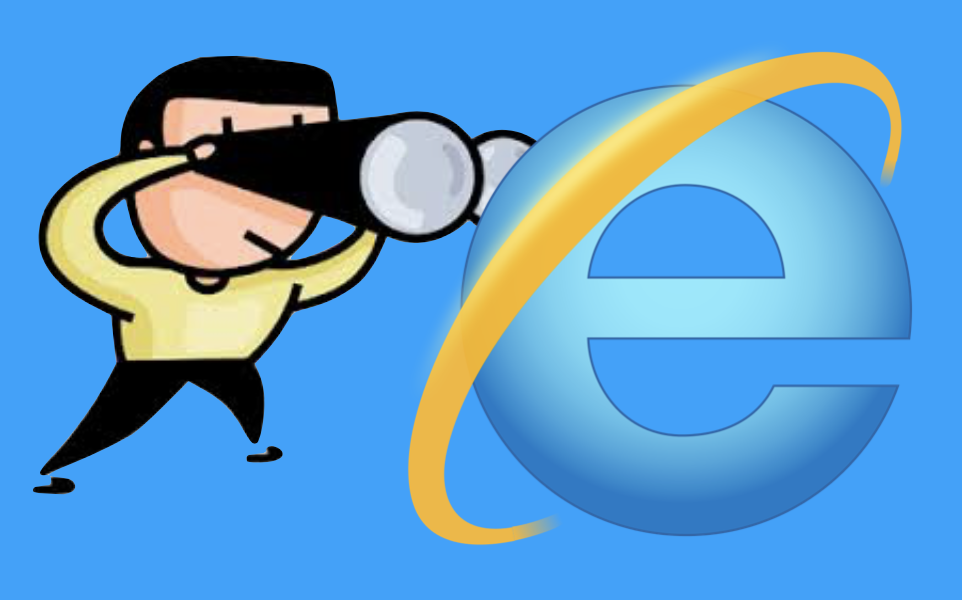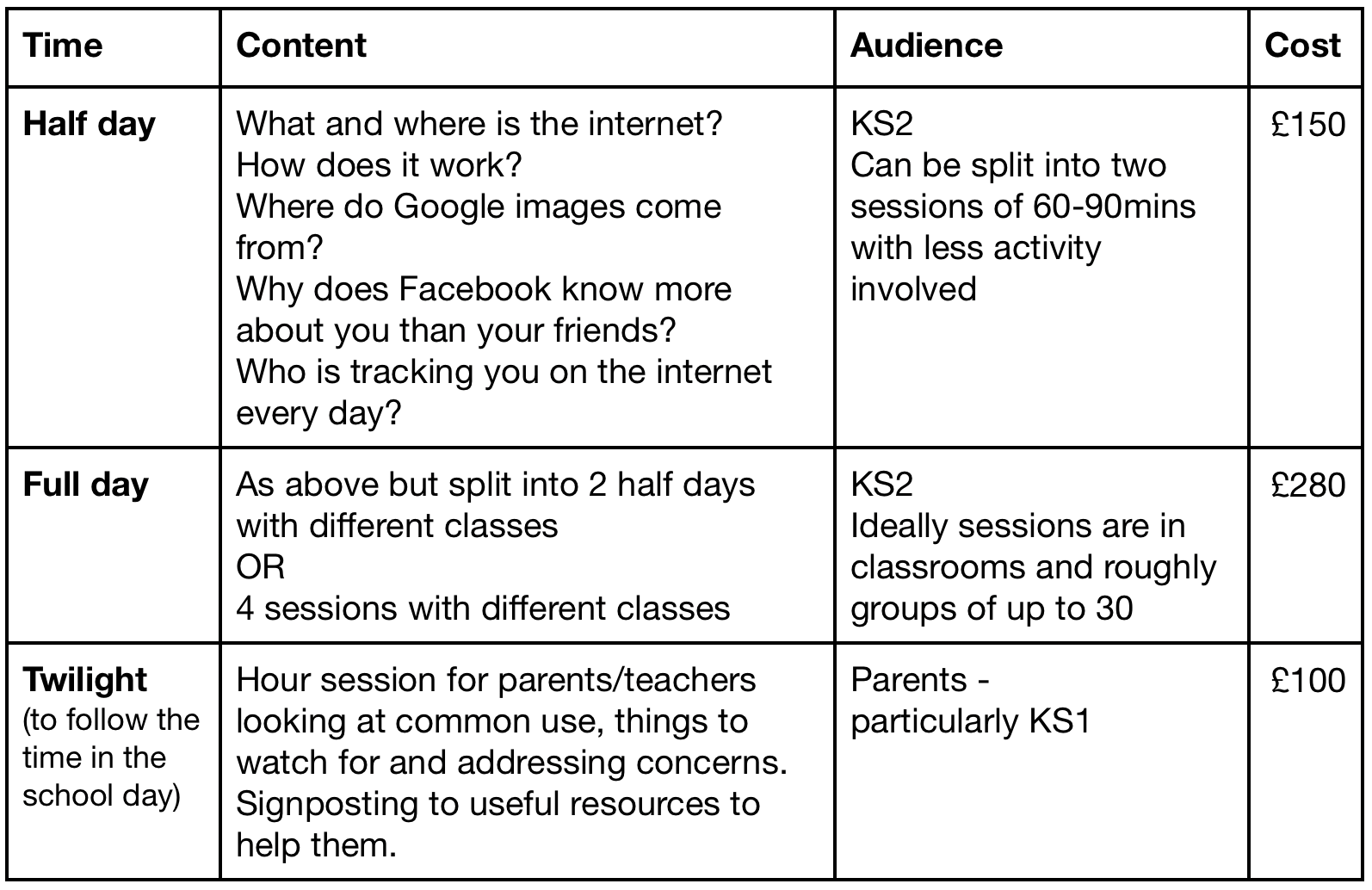
‘Where do the pictures on Google come from? I mean where actually are they?’
That was the gist of my questioning with many of the classes who I worked with before Christmas using Pages to create Christmas cards. As part of the sessions we looked for clipart on the internet that we could use in our designs. The way that I structured the sessions allowed me to use the context to discuss where content from Google comes from and copyright issues. I worked with around 300 children in December and I can honestly say that I can count on one hand the number of children in Y4-6 who could answer correctly.
Oh and that includes while I’m wearing a mitten.
Internet safety, appropriate use, being a digital citizen etc is taught as part of the English curriculum. Usually it involves being aware of e-strangers, not giving out your details on the web, being careful of emails and so on.
I have rarely ever taught it that way.
I prefer to teach children about how the internet works, how it was created and what the implications are for using it. From lots of feedback over many years, teaching understanding about what the internet is, creates a much greater impact on children’s (and teachers’!!!) use. The sessions take the form of a dialogue and interactive participation, not a list of things to be scared of!
For example, who can answer these questions that underpin e-safety:
How does Google work?
What does the FBI know about you and your web use?
Why should you whisper when Echo is in the room?
Schools used to book me a lot to come and work with classes for about an hour or two and it was very popular. Unfortunately, being so busy at in my previous role meant that my ability to work with schools on this was limited but not any longer!
My experiences before Christmas have prompted me into creating a menu of interventions that I can be booked for:

I am making no apology for not offering these sessions to KS1. Many children in KS2 will be barely ready for the things that will be covered but at least the majority will have the wider understanding for it to make sense.
From my experience the biggest impact on supporting KS1 e-safety is via the parents. Sessions can be arranged as a twilight to follow either a full day or afternoon booking. Some schools in the past have also invited parents into the pupil sessions. This is absolutely fine by arrangement.
Contact me to book:
andrew@sparkteesvalley.com


